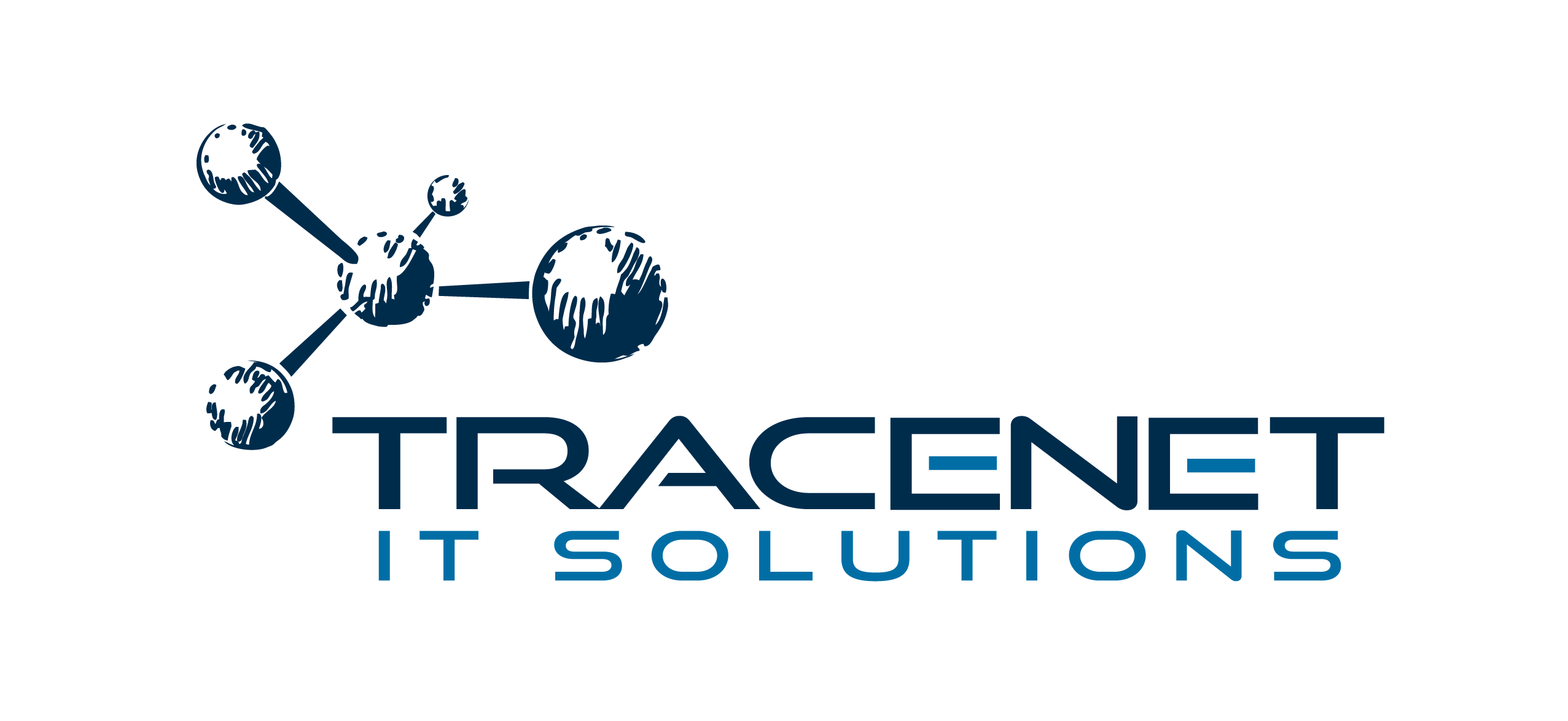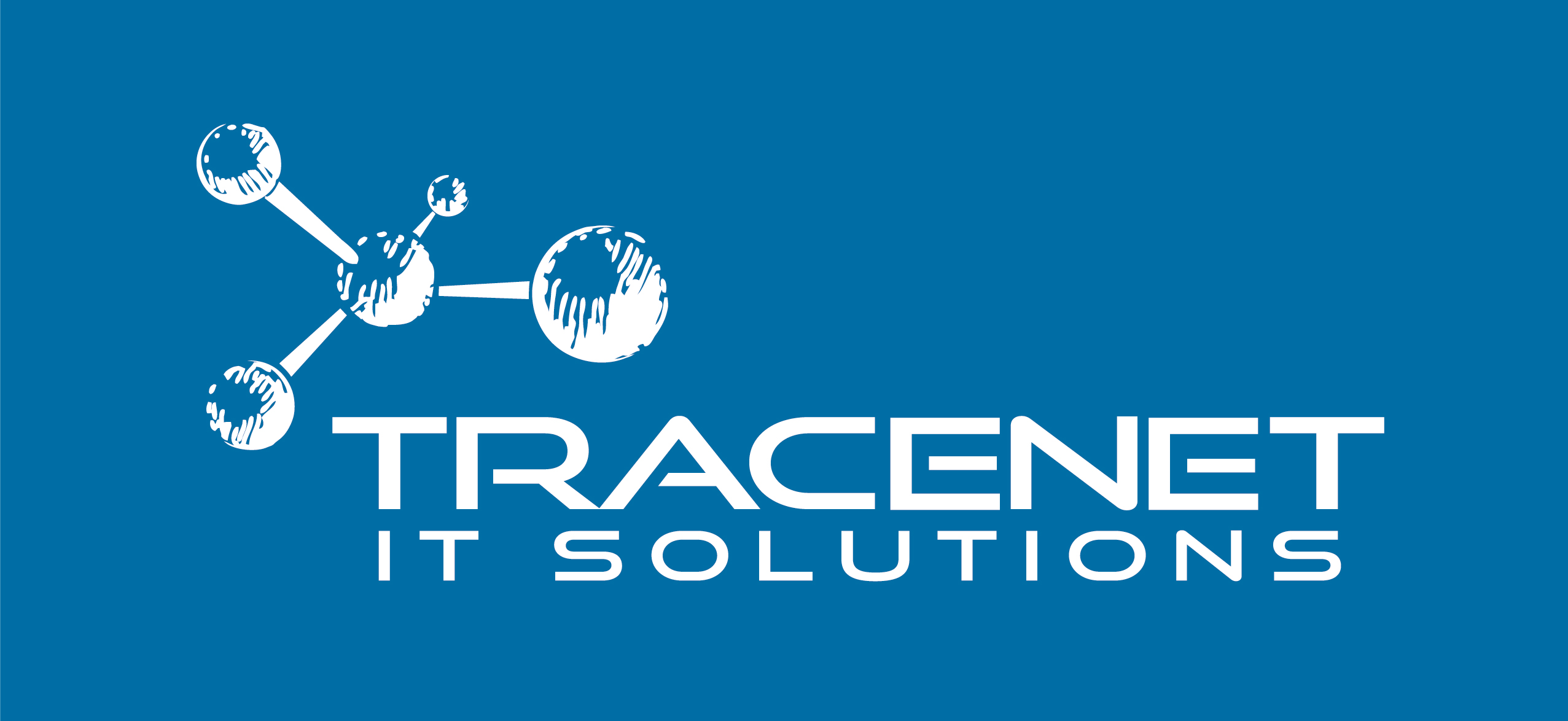Contrary to popular belief, cyberattacks can also be directed at small enterprises. With
easy access to malicious information provided via the internet, many cyber criminals
end up hunting for targets with less protection on the internet to assure the success of
their operations.
As a result, in order for your firm to thrive, you must begin using virtual security
measures. Security is important, and enabling your customers data to be in trustworthy
hands can be a significant distinction. Learn more about this topic by reading the post
until the end to pick up some pointers.
What are cyber attacks?
Cyberattacks are electronic-based attacks on computer systems, networks, devices,
and data, typically carried out by hostile people or groups of hackers. These assaults
are designed to jeopardize the integrity, confidentiality, or availability of data or
computer systems.
They can happen to both ordinary individuals who utilize technology to conduct daily
tasks and businesses. In the second situation, though, the invasion may be more
significant because there is a larger database including sensitive information such as
credit card numbers and access passwords.
What are the main types of cyberattacks on companies?
Companies, whether large, medium, or small, are frequently subjected to the following
forms of attacks:
● Phishing attacks: Cybercriminals send phishing emails that look to be from
trusted sources, such as coworkers or financial institutions, in order to deceive
employees into disclosing private information, such as passwords or banking
information.
● Ransomware: Malware encrypts firm data in this form of assault, and hackers
demand a ransom to decrypt it. This can have major consequences for
business.
● DDoS: Attackers flood firm servers with bogus traffic, rendering services
unavailable to customers and staff.
● Social engineering attacks: Attackers use deception, emotional manipulation,
and other methods to gain unauthorized access to sensitive systems or
information.
● Insider attacks: Insider threats might be rogue employees or former
employees with privileged access who steal important information or cause
insider damage.
● Web application attacks: Attackers use web application vulnerabilities to
obtain access or steal data. SQL injection, cross-site scripting (XSS), and other
methods are examples of this.
How can cyber attacks affect small businesses?
Critical data, including as financial information, customer records, and intellectual
property information, might be lost as a result of a cyberattack. This might have a
negative impact on the company's capacity to run effectively and potentially jeopardize
client trust.
Recovery from a cyber assault can be costly. This could include paying ransomware
attacks, hiring cybersecurity specialists to investigate and remediate the assault, and
investing in security enhancements.
Normal business operations may be disrupted as a result of a cyber assault. This might
result in income loss as a result of the inability to serve customers, process orders, or
access vital systems. Furthermore, small firms frequently rely on a positive reputation
to attract and keep clients. A cyberattack that exposes confidential information or
results in the loss of client data can severely harm a company's reputation.
Scams that affect small businesses.
Among the main scams that we can mention, we have:
● Data hijacking: The data on the computer will be affected in this assault,
preventing it from being used as previously. Under fear of data ransom,
criminals will disclose the password to breach this encryption.
● QR Code scams: Many people who scan a QR Code are routed to a bogus
page, where they can make a payment or access a platform they are unfamiliar
with. It is also possible that by scanning a QR Code, the user will end up
installing malicious software on their device.
● Link scams: People receive email, SMS, or social media messages containing
links that lead to a bogus web address designed to steal data and artwork.
● Credit card data theft: This fraud involves injecting programs into e-commerce
sites and obtaining client data when they attempt to make a transaction.
● Information theft: On the device, a malicious program is installed that is
responsible for copying sensitive data such as bank or credit card passwords.
This information is transmitted to cybercriminals.
Why have cyber attacks grown so much?
As society and organizations become more reliant on technology and digital
connectivity, cyberattacks become more common. Internet of Things devices to
industrial automation systems and business networks is included. Many attack tools
and materials are available on the dark web or underground forums, making it simple
for unscrupulous individuals and criminal organizations to initiate assaults even without
sophisticated technological skills.
Many cyberattacks are motivated by a desire for financial gain. Criminals can make
enormous sums of money from ransomware, phishing scams, and online fraud
schemes, which encourages them to carry out these attacks even if the victim is a tiny
firm.
Many people have access to technical knowledge that can be utilized to carry out cyber
assaults thanks to the availability of information available online. Additionally, the
availability of internet tools and courses facilitates learning. With so much information
available, it becomes easier for someone with malicious intent to learn how to breach
into networks and steal data.
How to prevent cyber attacks from hitting companies?
Preventing cyber attacks from reaching businesses is a constant problem, but
comprehensive cybersecurity measures can be implemented to greatly lower the
chance of mishaps. All personnel should be educated about cyber dangers, safe
procedures, and the necessity of cybersecurity. The first line of protection is security
awareness.
In addition, you will need to create and implement clear and comprehensive
cybersecurity policies that apply to all firm personnel and devices. Make certain that
everyone understands and adheres to these policies.
Maintain all operating systems, software, and apps with the most recent security
updates and patches. Many attacks take advantage of known vulnerabilities that can
be fixed with software updates. This guarantees that data is secure and that your
organization maintains customer trust.
Adopting comprehensive cybersecurity measures, such as installing security software,
creating data security rules, providing security awareness training for staff, and
generating backups, is critical for protecting your small business from cyberattacks.
Regular access to critical data.



